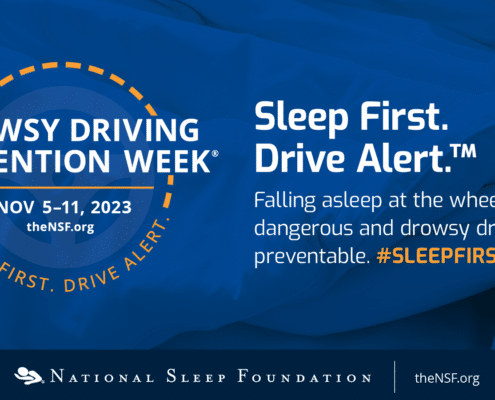The Province: What will you do with that extra hour this weekend?
Ahead of this past weekend’s time change, The Province polled their readers to ask: “What will you do with that extra hour this weekend?” Glenda Luymes writes:
Fifteen per cent said they would sleep. That’s a choice endorsed by Vancouver Canucks sleep consultant Pat Byrne.
When asked by The Province how many hours of sleep we should be getting, Byrne immediately answered: “How well do you want to perform?”. If you get nine to 10 hours of sleep, you’ll be at your very best the next day, said the founder of Fatigue Science. If you get seven, you’ll manage all right. Any less and your health and safety start to suffer. Byrne said tests show a noticeable difference in reaction time for each 30 minutes of sleep lost or gained.


